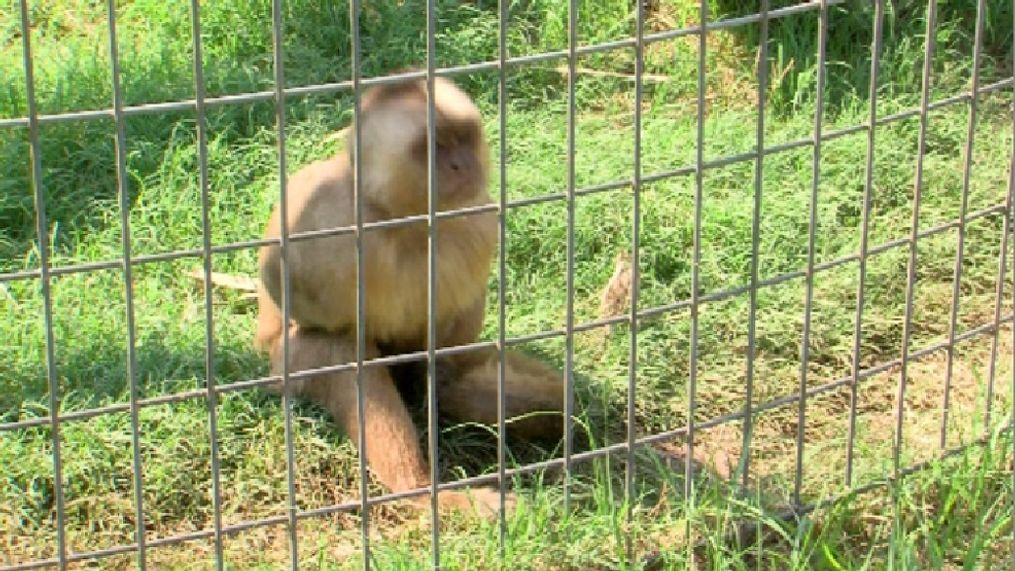Ga. DNR: Monkey believed to be loose in Albany

ALBANY, Ga. (WFXL) - The Georgia Department of Natural Resources (DNR) is asking Albany residents to be on the lookout for a primate that is believed to be loose.
DNR released the following statement on Monday in regards to the animal, cautioning residents on what to do if they see it:
A small primate, possibly a Rhesus macaque, is believed to be on the loose in the Albany area. No sightings of the animal were reported to the Georgia Department of Natural Resources over the weekend.
Sightings have ranged from the Bainbridge area, Baker County, Punks Landing, the Marine Corps ditch and up on the Kinchafoonee Creek, with the most recent sighting recorded last week.
As of this time, the origin of the animal is still unknown. No nearby facilities permitted for primates are missing any animals, and the closest known established population is located in Silver Springs, Florida.
The Department continues to gather information and will evaluate reported sightings to determine if follow-up actions are warranted.
This is a wild animal. It should not be approached or handled in any way. Due to public safety and health concerns, if anyone sees the animal, please call the Georgia Department of Natural Resources, Game Management Office in Albany at 229-430-4254 or after normal business hours call the State Operations Center at 1-800-241-4113.
Additionally, the primate has been spotted along Kinchafoonee Creek and near Lake Chehaw.
Ben Roberts, director of Animal Care at Chehaw Park, said these kinds of monkeys are very social and intelligent.
In India and Southeast Asia, these monkeys live around human settlements, but hereiteratesnot to get close to them if you encounter them.
Roberts said these animals are known to carry herpes. While the virus is in the host, the animal can still live just fine.
He said the problem is when it's transferred to another species.
“An animal that has herpes [then] gets on attack and a person [ends up getting] infected with that herpes, it kills them. It tends to cause acute death," said Roberts.
Robert adds that although the virus doesn't live outside of the body for long, it can be spread through things like saliva, blood, urine and feces.
Roberts also discourages having monkeys as pets.
He said these animals aren't as common in zoos as they used to be, because officials have become more aware of the health risks they present.
